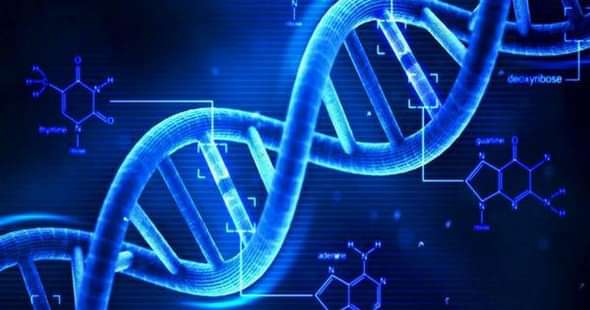
A team from Indian Institute of Science (IISc) and Manipal University collaborated to predict DNA defects in IVF-derived embryos by using a non-invasive technology.
The research team is led by Dr. Hanudatta Atreya from IISc and Dr. Satish Adiga from Manipal University. They observed severe changes in embryo metabolism by carrying out an experiment on mouse embryos. They noted that this metabolism has been causing a high-level damage to DNA.
Also read: - IFIM & Falcon Skills to Launch Healthcare Operations Service Manager Programme
To detect the metabolic changes, Nuclear Magnetic Resonance (NMR) technology was used. The researchers keenly observed the changes in surrounding growth medium of the embryos. They further noted that the change had occurred 24 hours before the onset of cell death in embryos. Finally, the research proved to be advantageous when extrapolated to the clinical IVF set up.
Vinod Bhat, Vice-Chancellor of Manipal University, expressed that the research is a significant step towards benefitting infertile couples in improving the success of IVF.
Also read: - IISc Professor Wins Infosys Prize
Dr. Adiga, an IVF expert further said that IVF industry has been striving to achieve the growth in success by applying invasive tests on the embryos. He was of the opinion that the ethical and other concerns haven been obstructing the usage of such tests on human embryos. However, through this research, one can identify embryos with high amounts of DNA lesions.
The outcome of the research is to figure out how active the small molecule metabolites are when it comes to causing changes happening at a microscopic or cellular level.


 Follow us
Follow us













